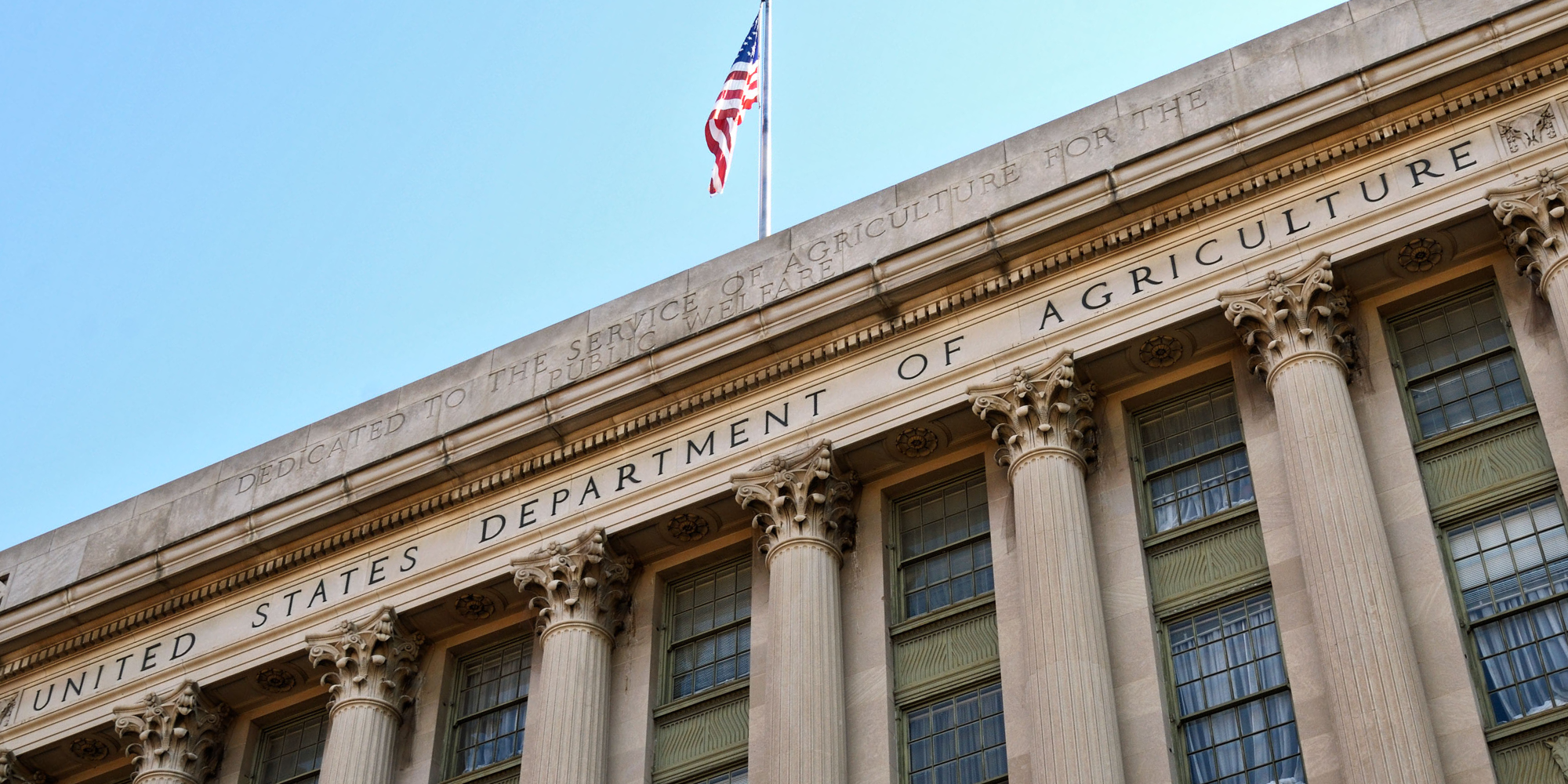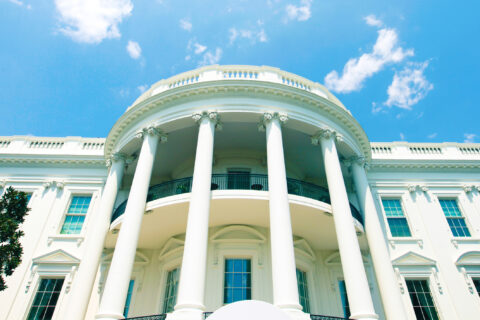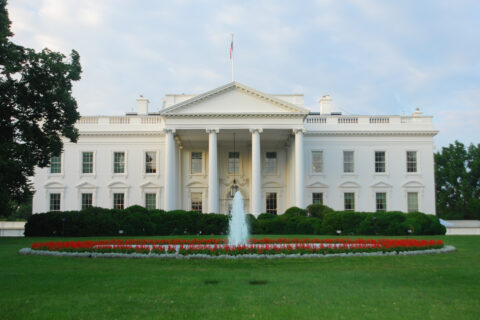Federal agencies continue to release guidance and funding for programs under the American Rescue Plan Act (ARPA) to help communities respond to the coronavirus pandemic. Here is a roundup of key recent updates on programs important to cities, towns and villages by agency.
U.S. Department of Agriculture
The U.S. Department of Agriculture (USDA) has announced the ARPA-funded expansion of Pandemic Electronic Benefit Transfer (P-EBT) benefits. Established in March 2020, P-EBT provides funding to families to access food while schools are closed due to COVID-19. Set to expire on September 20, 2021, the ARPA extended P-EBT benefits through the duration of the pandemic, including summer months.
Funds for this assistance will go to states who will administer the distribution to families. Local leaders can help ensure that families understand the availability of these benefits and work directly with their state to ensure residents connect to this program.
USDA has developed a simple P-EBT summer plan template to allow states to elect a USDA-determined standard benefit. USDA has also developed a set of Summer P-EBT Q&As. Both documents are now available on USDA’s P-EBT website.
U.S. Department of Education
The U.S. Department of Education (ED) released the state plan application for ARPA Elementary and Secondary School Emergency Relief (ESSER) fund. ARRP provides $122 billion of ESSER funds to help safely reopen schools and address the impact of COVID-19 on students.
Last month, states received access to two-thirds of their ARPA ESSER allocation—a total of $81 billion. The remaining $41 billion will become available after states’ plans are approved by the Department. Local leaders should work with their school boards and states education agencies to help inform the needs of underserved students in your communities as well as provide connections and resources within your community for summer learning and enrichment programs. The official announcement can be found on ED’s website here.
U.S. Department of Health and Human Services
Low Income Household Water Assistance Program
The Low Income Household Water Assistance Program (LIHWAP) provides emergency assistance funds to assist low-income households with water and wastewater bills. From both the American Rescue Plan and Consolidated Appropriations Act passed last December, the U.S. Department of Health and Human Services (HHS) is aiming to get over $1.1 billion in fund out to states by the end of the month. LIHWAP funding must be obligated by grantees (States) by September 30, 2023, and funding must be expended by grantees by December 30, 2023.
The water assistance program will be modeled on LIHEAP, which provides low-income energy assistance, although with a few key differences. Local leaders should determine which agency within their state will administer the low-income water assistance program, which may be the same agency that administers the energy assistance program. States are required to submit and get approval on a Model Plan for using and allocating the funds.
More information, including slides from a recent webinar, are available on HHS’s website here.
Funding to Expand COVID-19 Training and Support for Health Centers
The Health Resources and Services Administration (HRSA) of HHS awarded $32 million to 122 organizations that provide training and technical assistance to HRSA Health Center Programs, which serve 1 in 11 people in the country. These funds will support health centers with COVID-19 training, technical assistance and health information technology support.
Earlier this month, HRSA and the Centers for Disease Control and Prevention invited all HRSA-funded health centers to participate in a program to directly allocate COVID-19 vaccines to their centers to accelerate the delivery of vaccines to medically underserved communities and disproportionately affected communities.
Local leaders should work with the HRSA-funded health centers in their community to ensure that they are taking advantage of these important resources.
National Telecommunication and Information Administration
The National Telecommunication and Information Administration’s (NTIA) BroadbandUSA program will host a series of webinars in the coming weeks on three new broadband infrastructure grant programs authorized by the Consolidated Appropriations Act, 2021. The programs include a $1 billion Tribal Broadband Connectivity Grant program, a $300 million Broadband Infrastructure Deployment Grant program, and a $285 million Connecting Minority Communities Pilot Program. Local governments may be eligible to partner on these grant awards. In advance of the release of Notice of Funding Opportunities, NTIA will host a webinar series to provide more details about these programs and which projects are eligible for funding.
Learn More
For a complete list of ARPA provisions and links to relevant programs and guidance, please visit the NLC resource hub.









